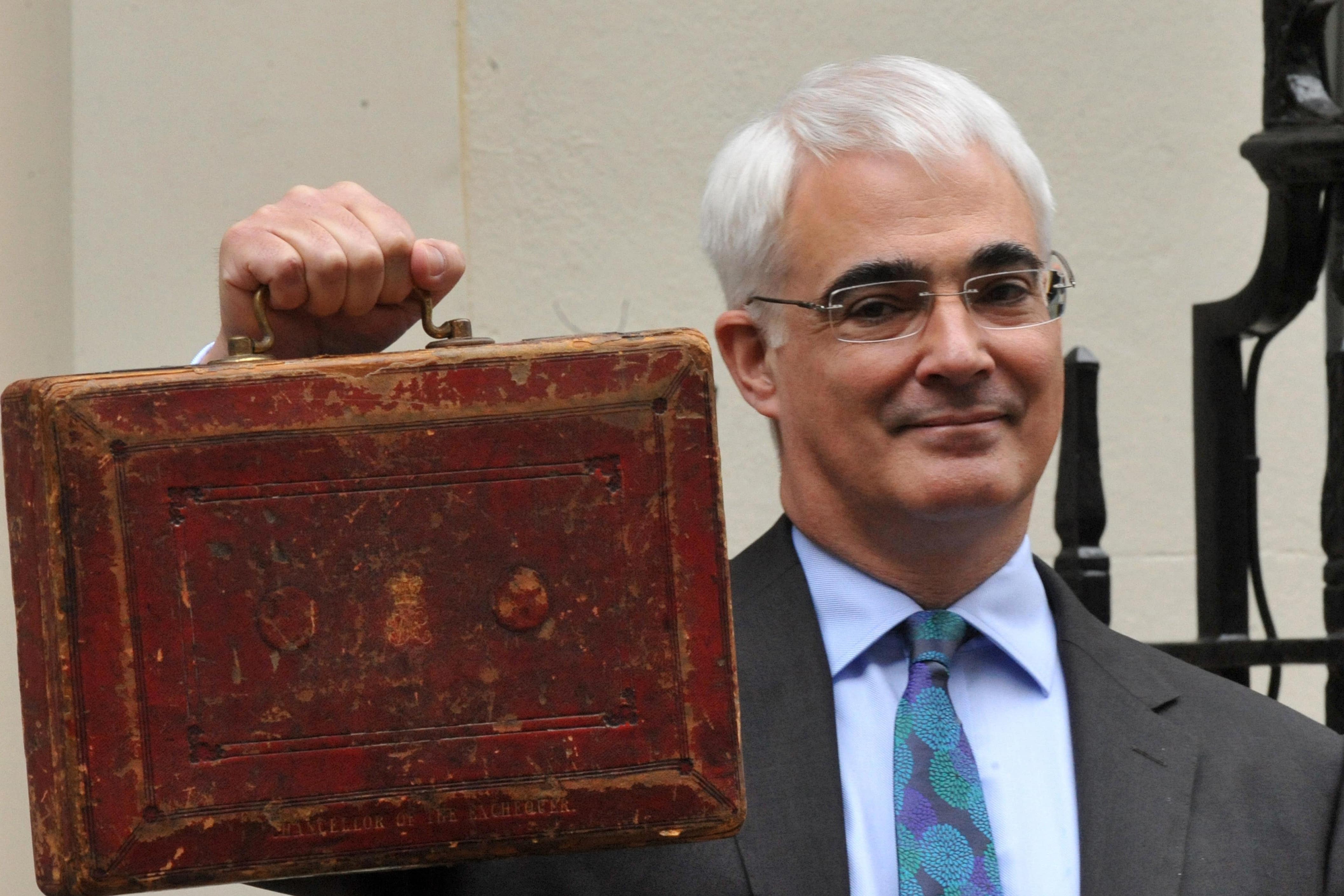Alistair Darling: The chancellor who led UK through financial crash
He also led the Better Together campaign in 2014 to keep Scotland in the UK.

Alistair Darling was the chancellor who led the UK through the worst financial crisis in almost a century, as well as the head of the campaign to keep Scotland in the UK.
Serving under Gordon Brown when he took over in Number 10 from Tony Blair, Mr Darling was tasked with filling his boss’s old chair in the Treasury.
But less than a year after he was given the post, Mr Darling found himself stewarding the UK economy through the crisis of 2008, including taking a call from the head of the Royal Bank of Scotland (RBS) saying the bank would run out of money within hours.
Mr Darling went on to head the pro-UK Better Together campaign in the lead-up to the 2014 independence referendum.
His side was ultimately successful, but his party would suffer north of the border in the aftermath of the vote.
Born in London in 1953, Mr Darling was educated at Aberdeen University – from where he was given an honorary doctorate in 2018 – earning a degree in law before his entry into national politics, winning the Edinburgh Central seat for Labour in 1987.
He held the constituency and its successor, Edinburgh South West, until 2015.
Mr Darling was a perennial minister in the Brown and Blair administrations, serving as Scottish secretary, work and pensions secretary and transport secretary, among others.
He was given a life peerage in 2015, becoming Baron Darling of Roulanish, ultimately retiring from the House of Lords in 2020.
But it was his work in the late 2000s for which he may be best known, facilitating the bailout of the UK banking system following the sub-prime mortgage crash to the tune of £137 billion, negotiated in a late-night meeting with bank bosses in 11 Downing Street.
Speaking in a documentary on the 10-year anniversary of the crash, Mr Darling laid out just how close RBS came to collapsing.
“I had to go to one of these meetings of European finance ministers, and I was asked to come out and take a call from the then chairman of RBS (Tom McKillop) who said the bank was haemorrhaging money,” he told the BBC in 2017.
“Remember this was not only the biggest in the world, it was about the same size as the entire UK economy.
“I said to him, ‘How long can you last?’ And what he said to me shook me to the core. He said, ‘Well we’re going to run out of money in the early afternoon’.”
In 2012, Mr Darling was chosen to head up the Better Together campaign – the cross-party group which fought to keep Scotland in the UK in the independence referendum battle of 2014.
He took part in two highly publicised debates with then first minister Alex Salmond, which featured testy exchanges between the pair ahead of the vote.
On September 18 2014, Scots voted by 55% to 45% to stay in the UK.
In a speech delivered after the result, Mr Darling said Scots had “chosen unity over division and positive change rather than needless separation”.
But it was his party which bore the brunt of electoral shifts in the following years.
In 2015, Nicola Sturgeon led the SNP to a landslide in Scotland, winning 56 seats out of 59, while Labour slipped to third place at Holyrood in 2016, behind Ruth Davidson’s Tories.
Subscribe to Independent Premium to bookmark this article
Want to bookmark your favourite articles and stories to read or reference later? Start your Independent Premium subscription today.
